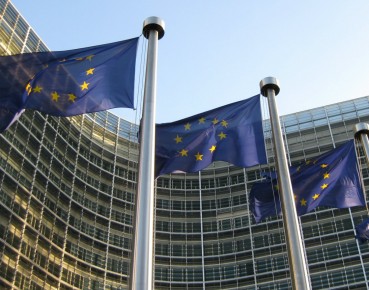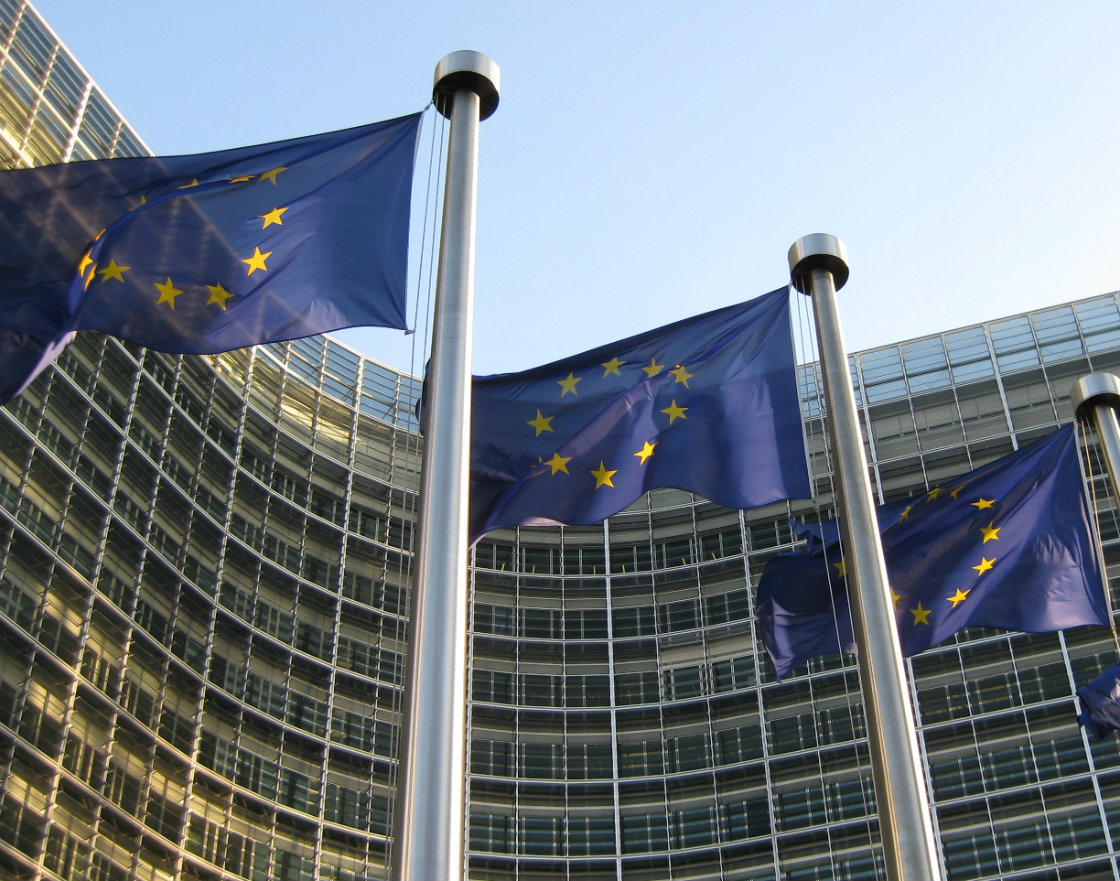Tydzień w gospodarce
Category: Raporty

(TPCOM, CC BY-NC-ND)
Digital services have gained in importance over the last years. However, in the European Union (EU), the legislation regulating the provision of those services has not been up to speed with the fast paced sector. Currently, the main document regulating digital services across the continent is the e-Commerce Directive, which was issued in June 2000, 2 decades ago.
There is now a consensus among Europe’s policy makers that that the 20-year old document needs updating. In late January 2020, the EC announced that it would pass a new Digital Services Act at the end of 2020. In the most recent projections, the December 2nd is often mentioned.
With brand new set of regulations governing the EU’s digital market, the Commission intends to clarify and introduce new digital services liability rules and ensure a more competitive digital market where even small- and medium-sized businesses (SMEs) can compete with more established players.
A particularly contentious part of the rules package is aimed towards decreasing the market power that large tech companies are able to wield on the continents’ digital market. Although so far in official communications the EU has been using intentionally ambiguous language, referring only to “systemic platforms”, most experts believe that companies like Google, Amazon, Facebook, and Apple will be targeted.
Although the European Commission has not made the final version of the new legislation known, it can be expected that the regulation will come in two legislative proposals. The set of proposals contained in the Digital Services Act will likely focus on updating digital services providers’ responsibilities and liabilities. The Digital Markets Act will then likely be concerned with limiting the power of big platforms in general.
According to a EC’s list of unfair practices published by Politico Europe, those practices of big tech platforms, such as Google, Amazon or Facebook, deemed as potentially unfair pertain to the following categories: data related practices, self-preferencing practices, and bundling and tying practices.
The first category essentially relates to the entire business model of big techs. Those companies act as digital intermediaries between their users and their clients – advertisers. The data collected on their users is the key component of their business, as it is the data-driven analysis of their users’ behavior that advertisers are eager to pay for.
Generally speaking, there is not much the Commission can do about this type of business dealings. However, the route the Commission seems to be taking is one of claiming an unfair advantage for the platforms, which could lead to market distortions and the creation of monopolies in the EU’s single market.
For example, the document states that “gatekeepers (large tech platforms) shall not use data generated and collected on the platform or on any of the gatekeeper’ other services for the purpose of its own commercial activities directed at consumers of the relevant platform, unless they are making this data accessible to business users (seeking to become) active in the same commercial activities.”
The self-preferencing practices refer to a behavior whereby a platform offers seemingly objective information the selection of which is, in reality, based on its own commercial self-interest. An example of such practice given in the document refer to results in search engines. “Gatekeepers shall not provide preferential display/ranking in online search engines or online intermediation services for their own downstream services and offers,” the document reads.
Similar views were expressed by the European Parliament. In October this year, the European Parliament approved a resolution with recommendations to the Commission on the Digital Services Act. It warned from the distortion of competition in the Single Market by large platforms.
“The accumulation and harvesting of vast amounts of data and the use of such data by systemic operators to expand from one market into another, as well as the further possibility to push users to use a single operator’s e-identification for multiple platforms, can create imbalances in bargaining power and, thus, leads to the distortion of competition in the Single Market,” the document reads.
The question remaining is what particular measures will the Commission take to curb the power of big tech platforms.
Judging from the existing documents produced by several EU institutions, it is likely that the Digital Markets Act will include so called “ex ante obligations”. Those are obligations which require or ban certain type of behaviors before regulators have evidence of actual harm in the marketplace.
According to a recent study by Center for Strategic and International Studies, those obligations could come in three forms. “Blacklisting” will simply lead to certain practices being prohibited or restricted. “Whitelisting” could then impose requirements on platforms to modify their business practices to make it possible for other market participants to compete with them. And lastly, various remedies could then be applied on a case-by-case basis.
Besides the ex-ante obligations, the European Parliamentary Research Service recommended that the Commission should create “new horizontal rules in the Platform to Business Regulation for all digital platforms”, and the creation of “a specialized body to reinforce oversight of the behavior of systemic platforms”.
Of course, the European Commission is under no obligation to accept the Parliament’s recommendations. But whatever the Commission proposes at the end, the proposal will have to be approved by the Parliament. So the closer the final version of the Commission’s proposal is to the Parliament’s original position, the less need for additional amendments there will be at the end.

